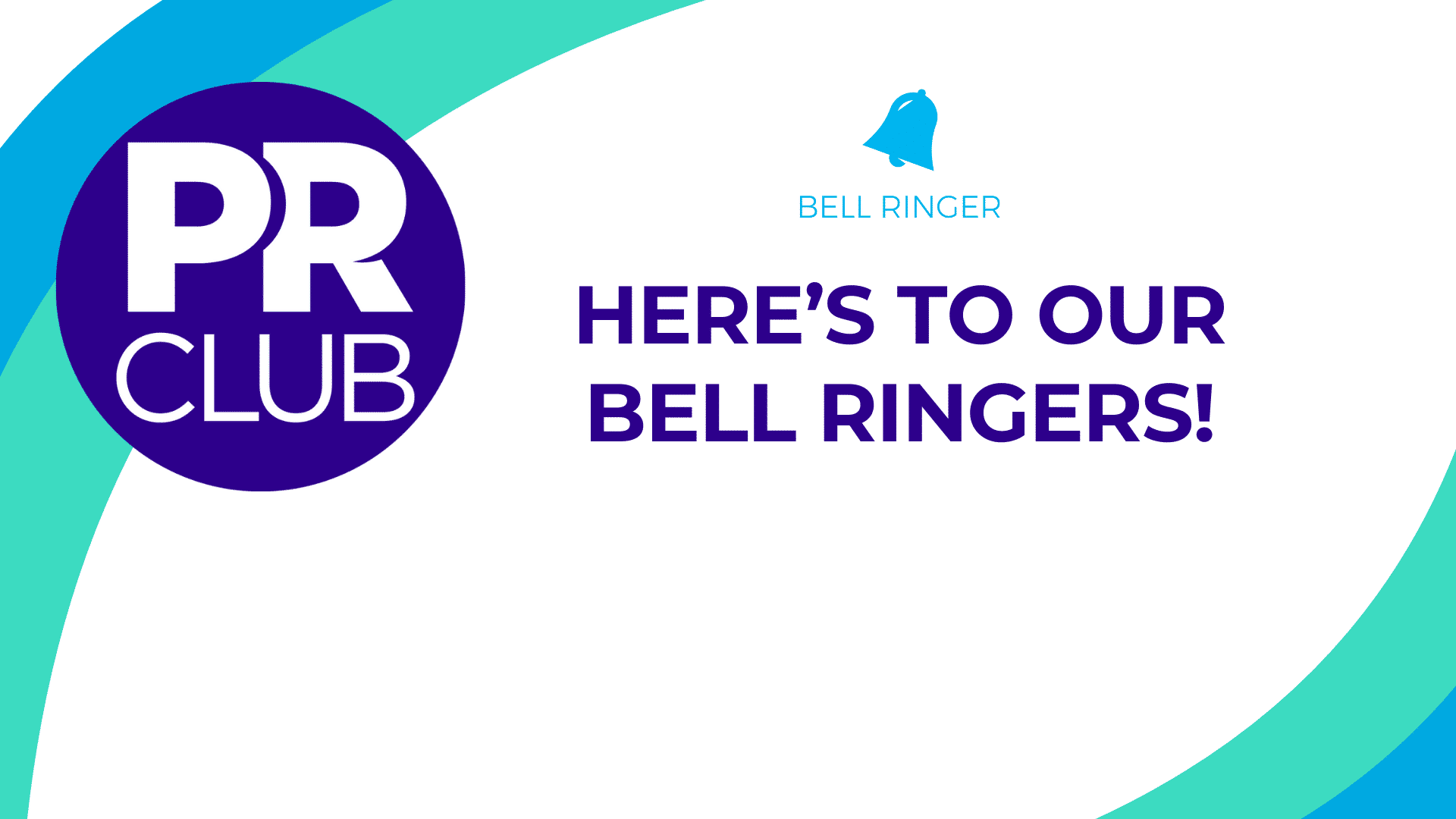One of our area’s experts in Corporate Social Responsibility, Reed runs Constant Contact’s philanthropy, sustainability, and community engagement programming, enabling the company and its key stakeholders to more effectively support nonprofits, social enterprises, and small businesses.
Reed served as a panelist for the Publicity Club’s recent Masters’ Institute event covering Corporate Social Responsibility. Designed for senior-level corporate communications professionals, the event’s discussion focused on how CSR can improve the bottom line, increase stakeholder loyalty and help recruit and retain the employees central to both.
Following the panel, Reed took a few moments to provide some insight into the state of CSR.
It has been called many things, and it’s even in your title, but what does Social Corporate Responsibility mean to you?
Corporate Social Responsibility can mean so many different things depending on the company, but at Constant Contact, it is really about creating shared value between our customers, our employees, and our local communities. Our customers are small businesses and nonprofits who often live in the same communities in which they work. In addition to providing great products and services, we believe that we can help create thriving communities for our customers to live and work through philanthropy, donated product, and employee volunteerism. Given the nature of our customers and our products, as well as our employees’ passion for supporting local businesses and nonprofits, CSR is a natural fit for Constant Contact.
What was your personal journey into a career in corporate responsibility?
For several years, I worked on Capitol Hill for a congressman. While it was a great experience, I was frustrated by the slow pace of change and the endless political hurdles. I was drawn to CSR when I realized the scale and speed of impact that is possible with mission-driven, socially minded corporations. From the moment I started working at Constant Contact more than five years ago, our company’s leadership has embraced the opportunity to scale CSR programming and create something really impactful for our customers and communities. I feel very fortunate to have had the opportunity to build out something that feels so in tune with our culture and our customers.
How is CSR embedded in Constant Contact’s culture, and how have you seen that make a difference for the business?
You see CSR throughout the fiber of the company, from employee onboarding to our core values to how we engage with our customers every day. A lot of what we do is rooted in the fact that we are really passionate about small businesses and nonprofits, and we want to do everything we can to make them successful. Making SMBs and nonprofits successful is inherently good for our community, so having a CSR program is a fairly obvious and strategic fit for us.
What are the biggest mistakes companies and individuals make when it comes to CSR?
CSR has evolved so much in the last 10 years that you can’t expect to just write a big check and think that it’s enough. Today’s workforce and consumers, particularly millennials, see right through superficial efforts to “check the box” when it comes to CSR. I believe that truly successful and genuine CSR programs are those that are fully integrated into the business value of the corporation. It can’t be seen as an add-on. CSR has to be core to a company’s DNA to truly be sustainable and impactful.
What’s the biggest opportunity for CSR today, and what should we expect to see in 2016 and beyond?
We are going to continue to see the evolution of CSR positions where, ultimately, we may not even need to have explicit CSR roles, and instead just expect social impact to be fully integrated into a company’s mission and daily operations. I love the idea that the line between nonprofit and for-profit is blurring, where we are increasingly seeing more mission-driven social enterprises that fundamentally incorporate shared value into their business proposition. I expect this trend to continue and frankly hope that we move towards a corporate world where formal CSR roles are no longer necessary (even if that means I need to find a new line of work!)




